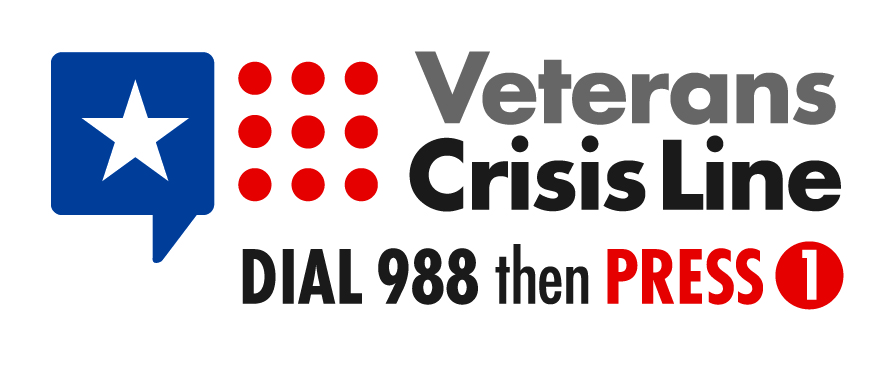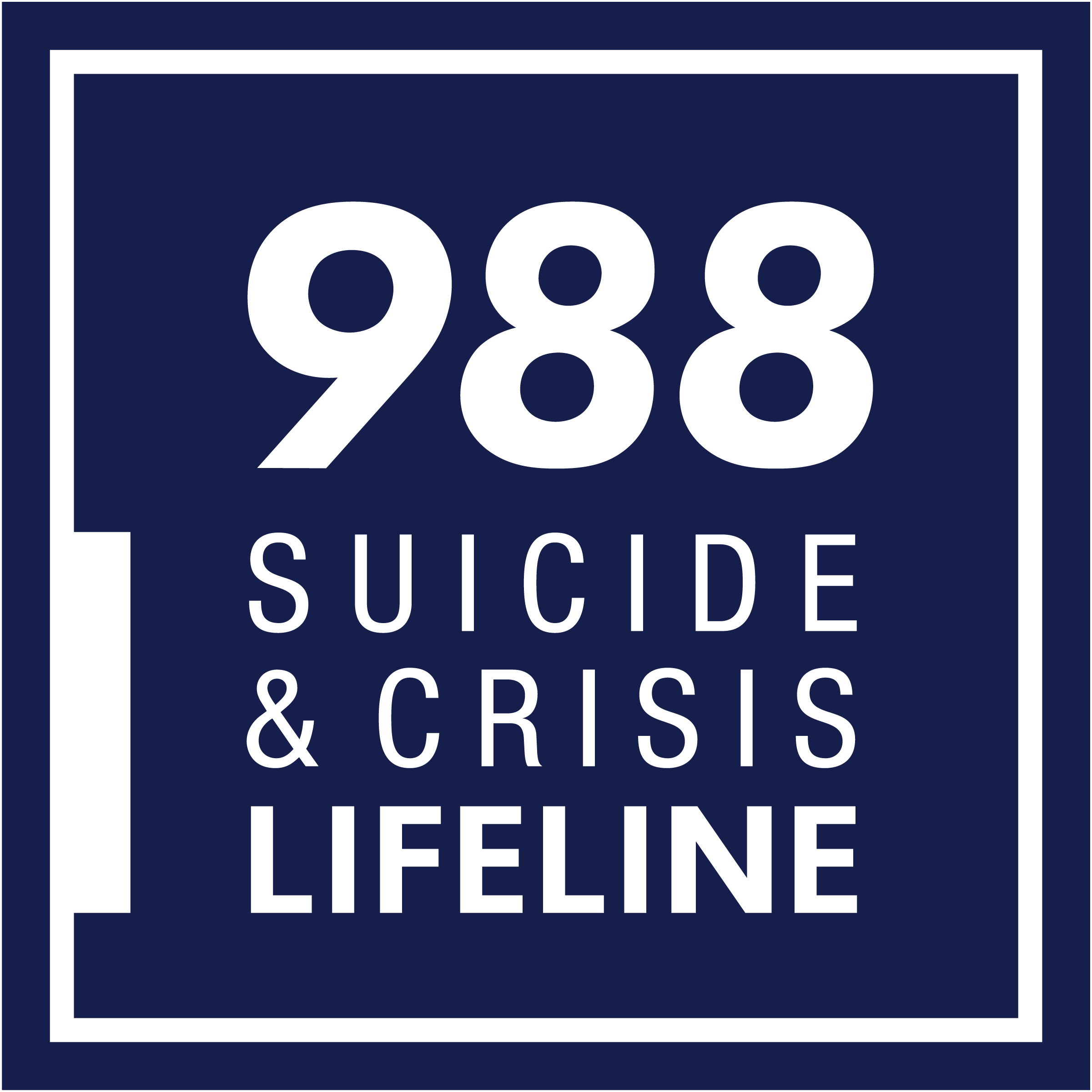MINOT AIR FORCE BASE, N.D. -- Like physical fitness, good mental health is a central part of military life, and shouldn’t be hidden or ignored. There are several resources available to help Airmen struggling with mental health challenges.
This year, Air Force mental health leaders implemented a new initiative to improve Airmen’s access to mental health to increase access to support resources and mitigate impact on readiness.
This initiative is called Targeted Care. Targeted Care connects Airmen to either the 5th Medical Group mental health clinic, or another supporting agency; whichever best meets their needs.
Through Targeted Care, providers can direct patients to specific agencies to resolve their mental health needs. If the mental health clinic determines specialty care does not best suit the patient's needs, the staff can connect patients to different helping agencies such as Primary Care Behavioral Health, Family Advocacy, Military OneSource, a chaplain, Military and Family Life counselors, the Alcohol and Drug Abuse Prevention and Treatment office, among others.
The process starts with a consultation with a mental health provider. Here, they determine if the patient should be seen in the Mental Health clinic on base or by other non-medical counseling services.
“There is no wrong door,” said Maj. Joshua Turner, 5th Medical Group Mental Health commander. “You can start your mental health journey by going anywhere, but through our process you’ll end up exactly where you need to be.”
This approach enables the medical staff to provide immediate attention for those whose concerns must be addressed by a mental health provider. It also connects those whose needs are important, but may not require immediate clinical services. These Airmen can be sent to a helping agency to receive timely care.
“If you are referred to a chaplain but don’t feel like you’re receiving the proper amount of care, you can always call the mental health office and we can re-evaluate from there,” said Turner. “We have highly trained people everywhere, and we want to make sure their skills and resources are being used. They’re there to help Airmen as much as we are.”
For those who require mental health specialty care, Targeted Care can reduce initial wait times and the period between appointments, making it faster for a patient to receive the care they need.
Recognizing signs of distress and addressing challenges early can drastically affect a person's mental health. Learn to recognize changes in yourself or in someone close to you. Airmen or family members suffering from a mental health disorder may display several behaviors such as prolonged sadness or irritability, excessive fears, worries and anxieties, social withdrawal, dramatic changes in eating or sleeping habits, substance use, and many others.
“We can help you,” said Master Sgt. Tiffanny LaTrielle, 5th Medical Group Mental Health flight chief. “We will recommend the best course of care for you; you will be taken care of. Please call our office and ask for help. Don’t sit in silence and suffer.”
If you or a colleague needs mental health assistance, please reach out to your or their supervisor, first sergeant, the Minot AFB Mental Health office at 701-723-5572, or the Minot AFB Chapel at 701-723-2456.
Additionally, for more resources, follow the link: https://minot.tricare.mil/Health-Services/Mental-Health
Resources:
Military OneSource Military Crisis Line Emotional Wellness Toolkit Military and Family Readiness
AFGSC base-specific resources (Listed alphabetically):
Barksdale AFB Mental Health Services Dyess AFB Mental Health Services Ellsworth AFB Mental Health Services F.E. Warren AFB Mental Health Services Kirtland AFB Mental Health Services Malmstrom AFB Mental Health Services Minot AFB Mental Health Services Whiteman AFB Mental Health Services



